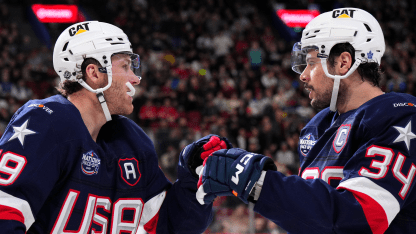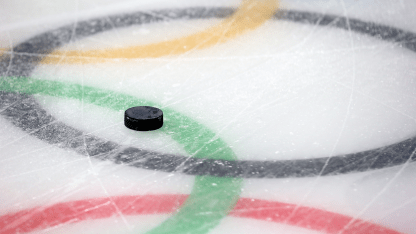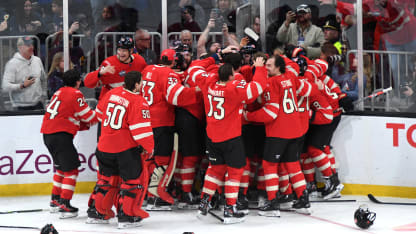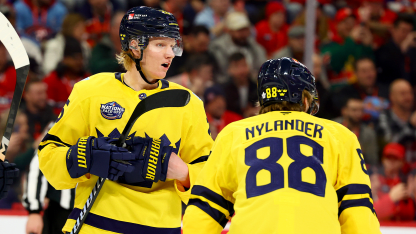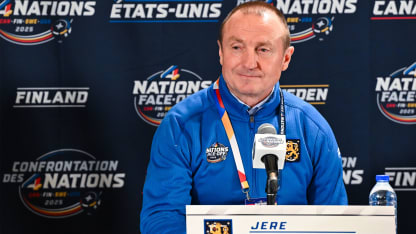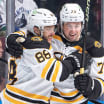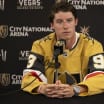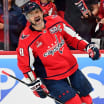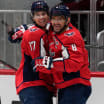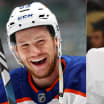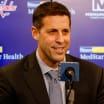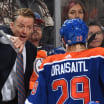NHL players will participate in the Olympic Winter Games Milano Cortina 2026 this February, the first time since 2014 the best players in the world will be on the Olympic stage. NHL.com will post a story each Monday to count down to the 2026 Olympics. Today, a sit-down with Team USA general manager Bill Guerin:
Bill Guerin understands one color matters for the United States entry at the Olympic Winter Games Milano Cortina 2026.
Gold.
"We have to win," Guerin said. "We have to win another one of these. It's been since 1996. We just have to find a way."
The United States, which won its first IIHF World Championship since 1933 in May, has not finished first in a best-on-best international tournament since Guerin was a forward with the U.S. at the 1996 World Cup of Hockey.
He's now the general manager for the Americans at the 2026 Olympics, the first time NHL players will participate at the Games since Sochi in 2014. The men's tournament will start with preliminary games Feb. 11, with the gold-medal game set for Feb. 22.
"I just have good memories, lots of experience to kind of fall back on," said Guerin, who won silver at the 2002 Salt Lake City Olympics and competed at the 1998 Nagano Olympics and 2006 Torino Olympics. "I've had a big win in 1996, but there was also some disappointment, so I know what, in my mind, what went wrong in tournaments we didn't succeed in.
"That's where I think my playing experience can help me. In the end, we just need our players to buy in and assume roles and play a team game. We're getting that."
The process is underway.
Six players were named to the preliminary roster for Team USA on June 16: forwards Jack Eichel (Vegas Golden Knights), Auston Matthews (Toronto Maple Leafs), Brady Tkachuk (Ottawa Senators) and Matthew Tkachuk (Florida Panthers), and defensemen Charlie McAvoy (Boston Bruins) and Quinn Hughes (Vancouver Canucks).
